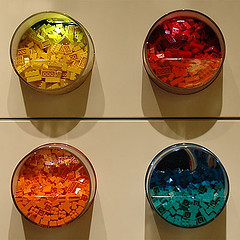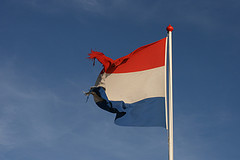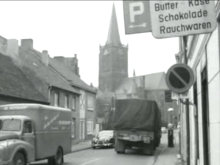 After World War II the Netherlands took two small villages and an assorted number of small territories from the Germans as reparations, most of which were returned on 1 August 1963 in exchange for 280 million German marks.
After World War II the Netherlands took two small villages and an assorted number of small territories from the Germans as reparations, most of which were returned on 1 August 1963 in exchange for 280 million German marks.
At the time of the return, certain food stuffs like butter, coffee and cheese were much cheaper in the Netherlands than in Germany, Der Westen reports. A kilogram of butter was 2 guilders cheaper, which is 5 euro in today’s money. Smart entrepreneurs—the site doesn’t mention names—spotted an opportunity and drove 150 trucks worth of goods into the village of Elten on the night of 31 July, what later became known as ‘Butternacht’ (Night of the Butter). When the clock struck midnight, it is said these entrepreneurs made a profit of about 50 to 60 million guilders by ‘transporting’ goods from the Netherlands to Germany without moving the goods one inch and without having to pay import duties. Instead the border was moved. At the time a guilder was worth about 0.25 US dollar or 0.1 British pound.
The Dutch occupation doesn’t seem to have hurt Elten. Hundreds of thousands of tourists came to the town each year to look at the spoils of war and climb the Eltenberg, a 82 metre high hill. When the Dutch returned the town to the Germans, it was the only German town in the neighbourhood that wasn’t in debt, De Volkskrant wrote last Saturday.
Original Dutch plans for reparations included annexing large areas of the German states of Lower Saxony and North Rhine-Westphalia and deporting the 10 million Germans living there, but the Allies and especially the US did not look kindly upon those plans and only allowed the annexation of an area containing some 10,000 people. Now, in 2013, the only land that hasn’t been returned to Germany since the war is the Duivelsberg, a hill near Nijmegen that was hotly contested during Operation Market Garden after it was taken following a short fire fight between the Able Company of the 508th USA Parachute Infantry Regiment and a German company. Much later during my student days it had turned into a famous local make-out spot.
See also: Murder on the border, about the Dutch-Belgian town of Baarle where you may cross a border simply by walking from one room to another.
(Photo derived from a newsreel by Polygoon-Profilti, some rights reserved)

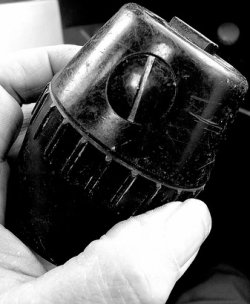
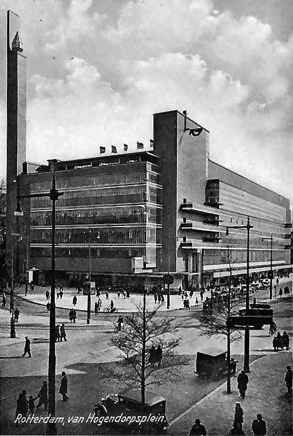
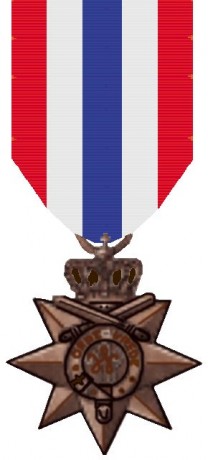
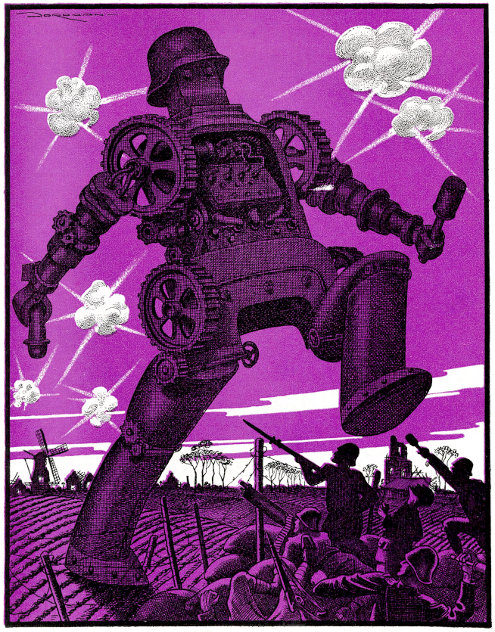
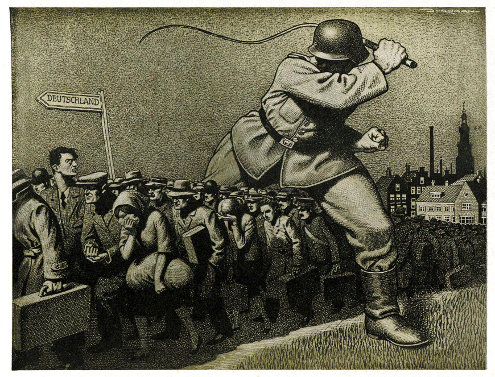
 After World War II the Netherlands took two small villages and an assorted number of small territories from the Germans as reparations, most of which were returned on 1 August 1963 in exchange for 280 million German marks.
After World War II the Netherlands took two small villages and an assorted number of small territories from the Germans as reparations, most of which were returned on 1 August 1963 in exchange for 280 million German marks.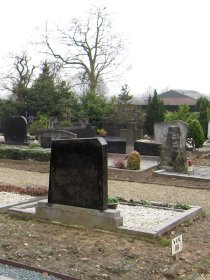 Remembrance of the Dead on 4 May is respected to commemorate all kinds of civilians and soldiers who died in WWII, Dutch or foreign, but since the 1960s it has also included other wars and major conflicts. And
Remembrance of the Dead on 4 May is respected to commemorate all kinds of civilians and soldiers who died in WWII, Dutch or foreign, but since the 1960s it has also included other wars and major conflicts. And 